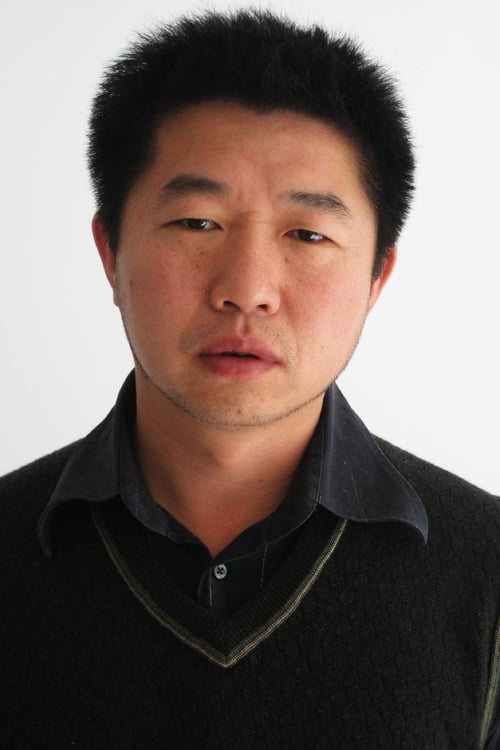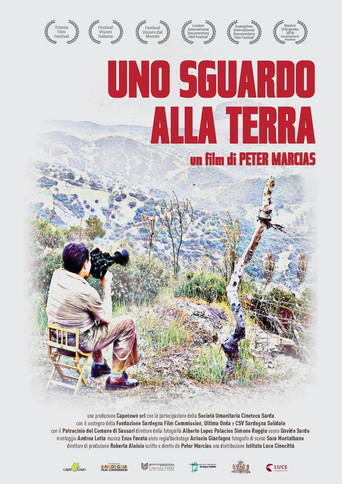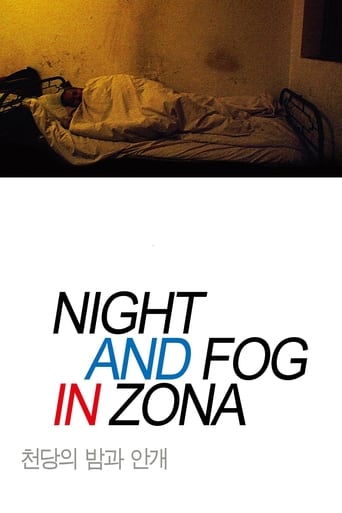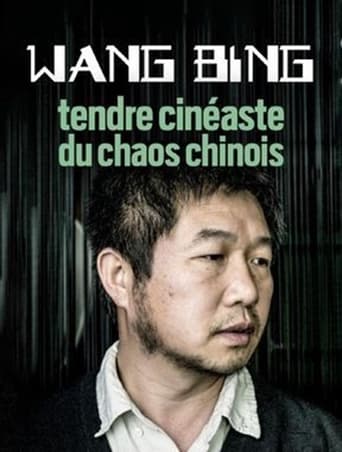
Gender
Birthday
Popularity
Wang Bing
Wang Bing
Gender
Birthday
Popularity
Biography
Wang Bing (Chinese: 王兵; pinyin: Wáng Bīng; born 16 November, 1967; Xi'an) is a Chinese documentary director, often referred to as one of the foremost figures in documentary film-making. Wang is the founder of his own production company, Wang Bing Studios, which produces most of his films. His movie on Chinese labour camps, "The Ditch", was included in the 2010 Venice Film Festival as the film sorpresa. He began his career as an independent filmmaker in 1999. Discovered in 2003, "West of Tracks", an enormous documentary work of more than 9 hours, has garnered great success internationally. In addition to his feature documentaries, he is also active in video installation, fiction film and photography. His movie on Chinese labour camps, "The Ditch", was included in the 67th Venice Film Festival (2010) as the film sorpresa. His movie "Youth (Spring)" was selected to compete for the Palme d'Or at the 76th Cannes Film Festival (2023). Tie Xi Qu, Wang's 9 hour epic documentary of industrial China, was considered a major success. Tie Xi Qu went on to win the Grand Prix at the Marseille Festival of Documentary Film and was shown for the first time in Spain at the Punto de Vista International Documentary Film Festival. Wang's film Fengming, a Chinese Memoir, premiered at both Cannes and Toronto in 2007. Crude Oil premiered at the 2008 Rotterdam Film Festival. Since then, his films became a staple at every prestigious international film festival. 2017's Mrs. Fang was awarded the Golden Leopard at the 70th Locarno Festival. French philosopher Georges Didi-Huberman dedicated a long epilogue to Wang Bing in his 2012 book, Peuples exposés, peuples figurants. He reflects on the social fate of images thoroughly analyzing Wang's 2010 Man with No Name, writing that the director, as a humble portrait artist of a single rural worker, manages to represent the whole of China's people (as well as people from all over the World) "not through his past, nor his ideas, nor his name, nor his place in society, but through the simple gestures with which he works at his solitary life", as opposed to the common epic portraits of national identity based on military prowess, war heroes and manifest destinies.





